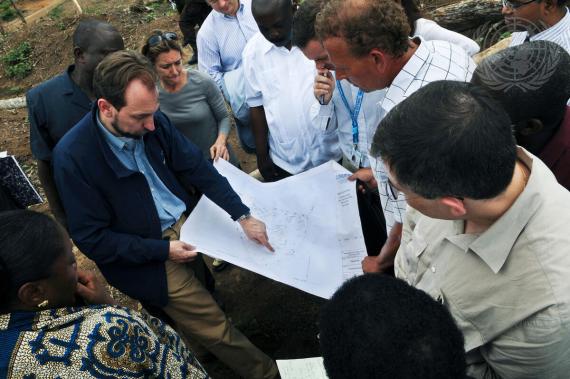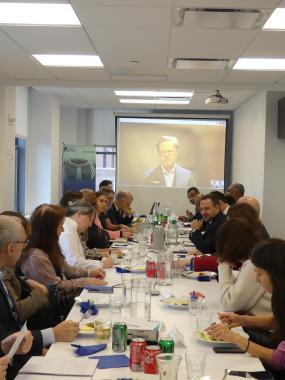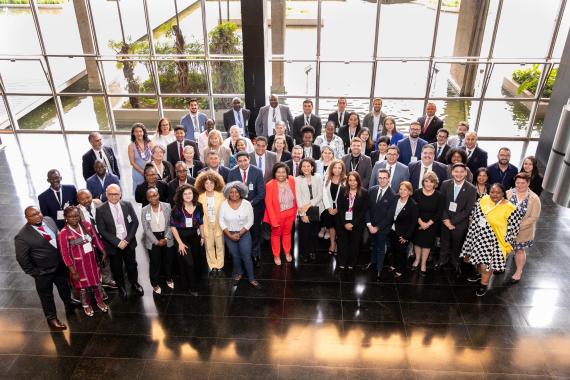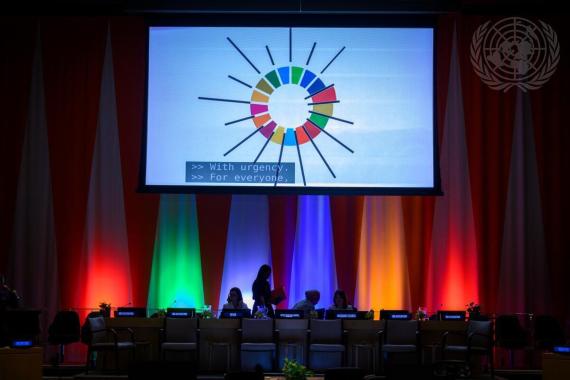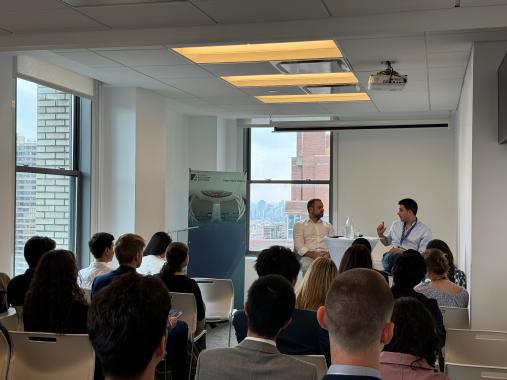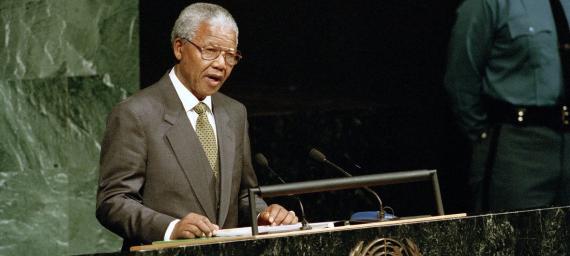Länderberichte
Politische Kurzberichte der KAS-Auslandsbüros
Die Konrad-Adenauer-Stiftung ist in rund 110 Ländern auf fünf Kontinenten mit einem eigenen Büro vertreten. Die Auslandsmitarbeiter vor Ort können aus erster Hand über aktuelle Ereignisse und langfristige Entwicklungen in ihrem Einsatzland berichten. In den "Länderberichten" bieten sie den Nutzern der Webseite der Konrad-Adenauer-Stiftung exklusiv Analysen, Hintergrundinformationen und Einschätzungen.
Veranstaltungsberichte
Die Konrad-Adenauer-Stiftung, ihre Bildungsforen und Auslandsbüros bieten jährlich mehrere tausend Veranstaltungen zu wechselnden Themen an. Über ausgewählte Konferenzen, Events, Symposien etc. berichten wir aktuell und exklusiv für Sie unter www.kas.de. Hier finden Sie neben einer inhaltlichen Zusammenfassung auch Zusatzmaterialien wie Bilder, Redemanuskripte, Videos oder Audiomitschnitte.
UN Agora Blog
Die Vereinten Nationen bezeichnen bestimmte Tage, Wochen, Jahre und Jahrzehnte als Anlässe, um Ereignisse oder Themen zu markieren, die durch Bewusstsein und Handeln die Ziele der Organisation fördern. Es sind ein oder mehrere Mitgliedsstaaten, die diese Gedenktage vorschlagen, und die Generalversammlung legt sie mit einer Resolution fest.
Die KAS New York möchte ein regelmäßiges virtuelles Gespräch über diese Themen anregen, indem sie eine Gruppe von Experten einlädt, über die zugeordneten internationalen Tage der Vereinten Nationen zu schreiben und zu reflektieren.
Als Teil unserer Rechtsstaatlichkeitsprojekte zielt dieser Blog auch darauf ab, das Bewusstsein für die internationalen Gerechtigkeitstage und die Arbeit, die die Vereinten Nationen bei der Verwirklichung von Frieden und Gerechtigkeit auf der ganzen Welt geleistet haben, zu schärfen, sowie eine weltweite Diskussion über den Beitrag der Vereinten Nationen zur Stärkung der Unabhängigkeit der Justiz zu führen.



